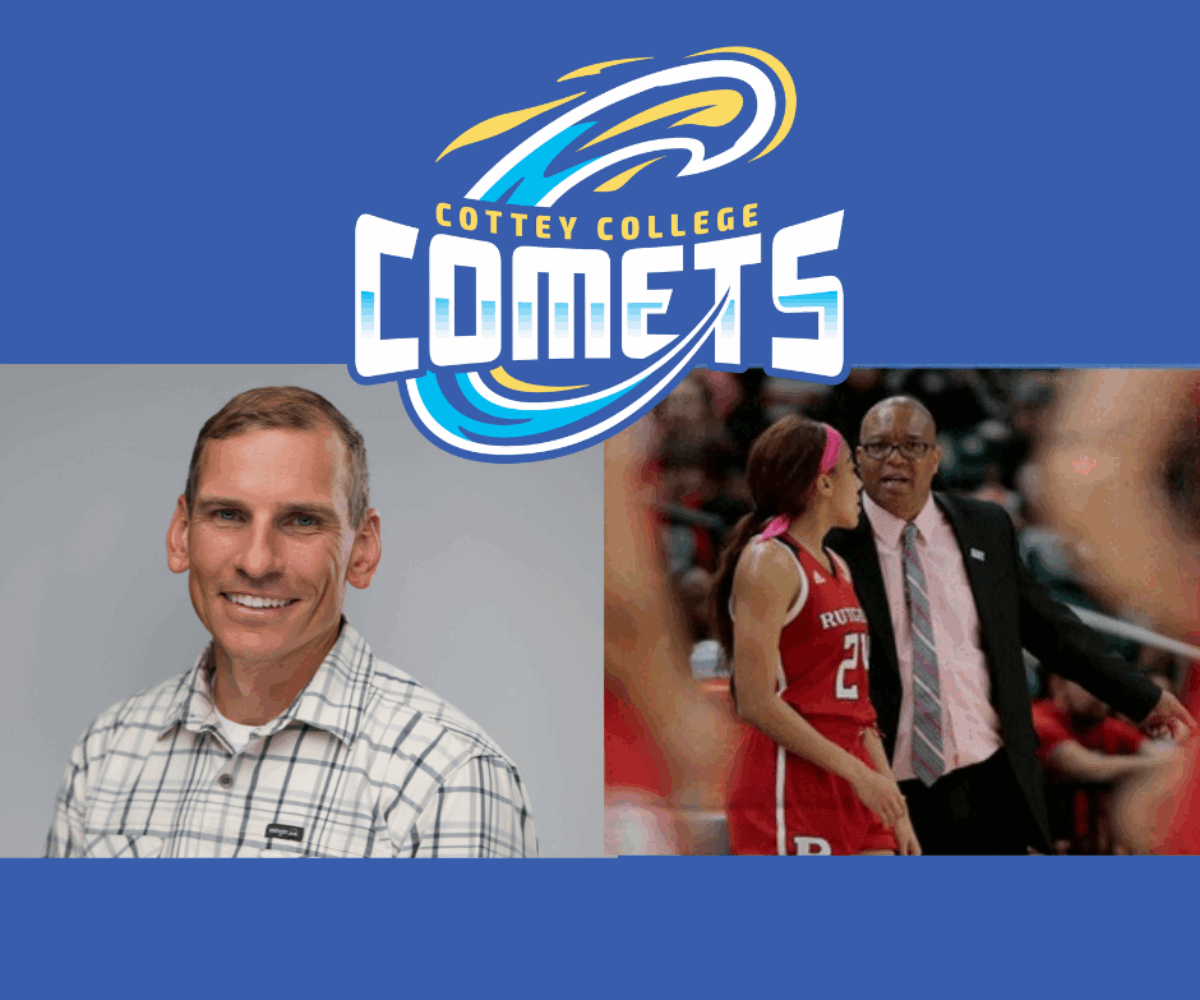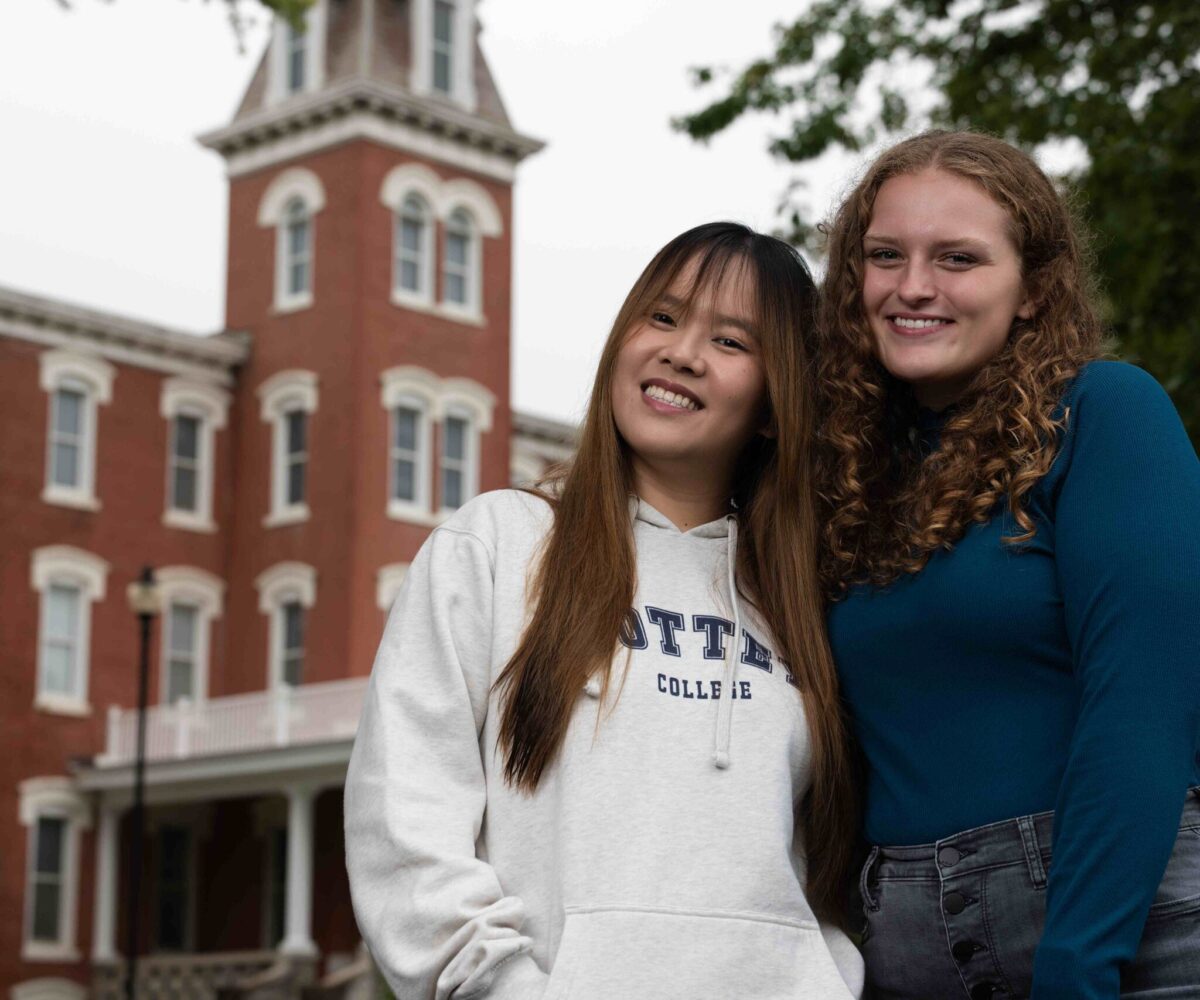For Immediate Release
Media Contact: Mary Ellen Lohmann
1020 Lowry Street, Columbia, MO 65201
Direct: 573.884.7904 | Main: 573.882.7083 | LohmannM@shsmo.org
Cottey College Professor Receives 2018 Fellowship To Explore Underexamined Areas of Missouri History
Scholars to Study Kansas City’s Child Labor Laws and Cultural Impact of Southeast Missouri Waterways
COLUMBIA, MO, December 21, 2017 – The Center for Missouri Studies will award fellowships in 2018 to a history professor at Cottey College in Nevada, Missouri, and a scholar-in-residence at the Center for Saving and Making History in Chapel Hill, North Carolina. The Center for Missouri Studies, the educational outreach program of the State Historical Society of Missouri, promotes scholarship in underexplored fields of Missouri history and culture.
Angela Firkus, a professor of history at Cottey College, has been awarded the 2018 fellowship on economic history in the greater Kansas City area for her proposed study, “‘Girls Wanted, Experience Unnecessary. Good Pay’: Child Labor in Kansas City during the Progressive Era.”
“Recent scholarship on child labor at the turn of the twentieth century has emphasized the competing interests involved,” Firkus said. “Children, parents, reformers, labor unions, government officials, and business owners of Kansas City were all invested in this complex issue. I’ll be investigating the development of and response to child labor and child labor restrictions in a city that researchers of the topic have so far failed to focus on.”
Heidi L. Dodson, a historian at the Marian Cheek Jackson Center for Saving and Making History in Chapel Hill, is receiving the 2018 fellowship on environmental history in rural/small-town Missouri for her project “Rivers, Bayous, Swamps, and Ditches: The Significance of Waterways to African American Communities in the Missouri Bootheel, 1937-2011.”
“Waterways have been central to the twentieth-century African American experience, yet historians have rarely considered their cultural, political, and economic significance from a black perspective,” Dodson said. “In the Missouri Bootheel, a region reclaimed from water through drainage, the interconnections are especially complex.”
SHSMO executive director Gary Kremer said Dodson’s work is likely to deepen understanding of Missouri’s African American and environmental history. “Water issues have a tremendous impact on local communities, especially minority communities,” he said. “While our collections document environmental topics across the state, we want to ensure that the historical record is inclusive, and that the importance of rural and minority communities is recognized.”
Filling such gaps in what is known about the state’s history is the purpose of the Center for Missouri Studies initiative, Kremer said. “The fellowships have always been designed to promote scholarship in underexplored areas of Missouri history and culture. They encourage us to take notice of the lessons that can be found, on both a large and a small scale, when we look at our past in new ways and in new places, such as at the intersection of business and sociology or history and science.”
The fellowship recipients will hold their appointments for the 2018 calendar year. Each will write a scholarly essay for possible publication in the Missouri Historical Review, the quarterly journal of the State Historical Society, and will also make a public presentation of their work. The fellowship awards include stipends of $5,000.
In addition to the fellowships, the Center for Missouri Studies’ programs include publications such as the Review; educational programs like National History Day in Missouri; and public events such as the African American Experience in Missouri lecture series, cohosted with the University of Missouri and sponsored by the Missouri Humanities Council.
About The State Historical Society of Missouri
Founded in 1898 and established as a trustee of the state a year later, SHSMO is the premier center for the study of Missouri state and local history. Through its education program, the Center for Missouri Studies, SHSMO collects, preserves, and publishes materials that enhance research and support learning opportunities in the study of the Midwest at six research centers around the state, with headquarters on the University of Missouri campus. Visit: http://shsmo.org




